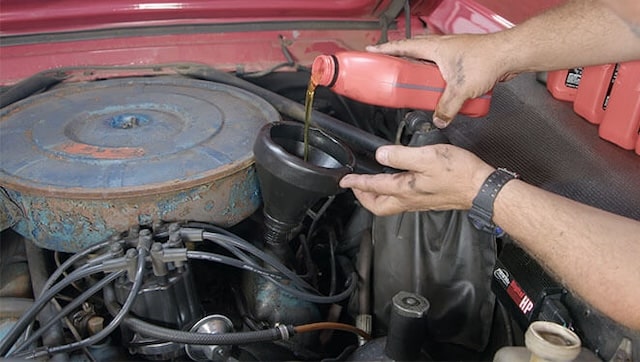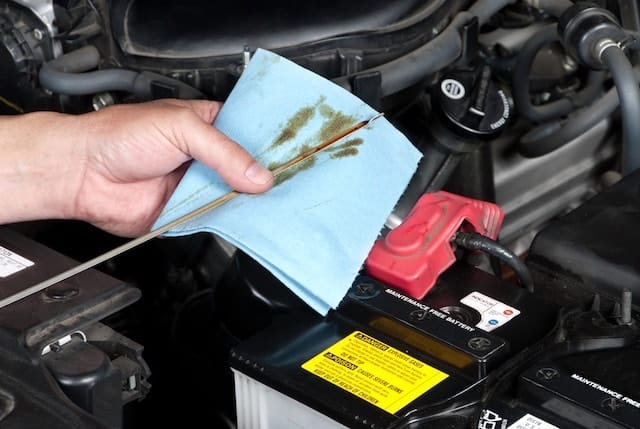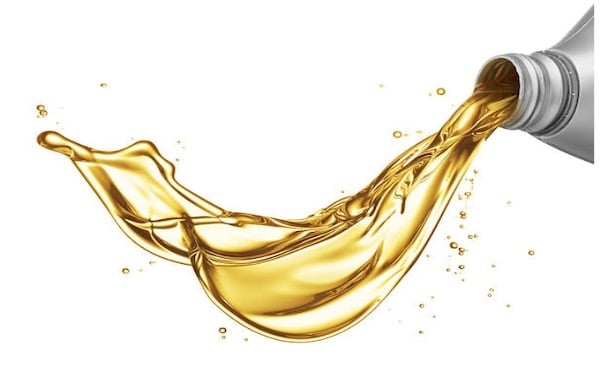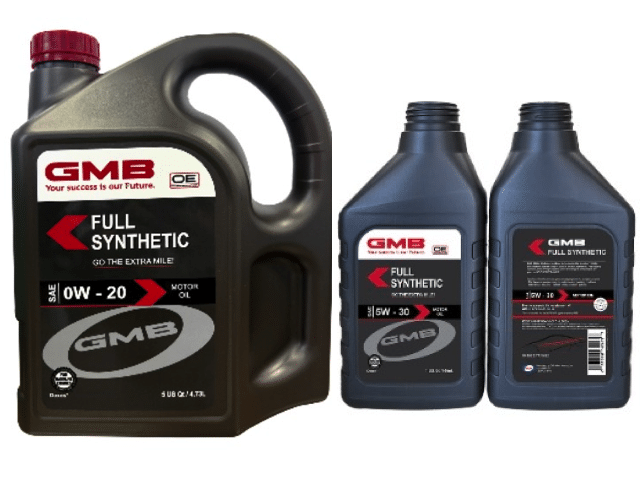How Often Should Engine Oil Be Changed?
Regular oil changes will keep your car running smoothly and protect the engine components. Changing the oil too often is time-consuming, expensive, and unnecessary. Leaving it too long, though, will damage the engine and cost you more in repair bills.
So, it’s no wonder that a common question amongst car owners is how often they should change their engine oil. The answer is not always clear-cut and depends on a variety of factors. This can make it tricky to explain to clients who prefer to save money when it comes to routine servicing.
We put together this comprehensive blog on oil change intervals so shop owners and technicians have a simpler way of explaining the importance of regular oil changes to clients.
Oil Then And Now

To keep pace with modern engine technology, engine oil has advanced significantly over the years. Signifigant advancements can be seen in changes such as:
- The evolution from mineral to synthetic blends
- Changing viscosity levels/needs
- The inclusion of advanced additives
Back in the ‘60s and ‘70s, changing your oil at 3,000-mile intervals was considered par for the course. Inefficient carburetors and larger tolerances allowed more contaminants to enter the oil. The mineral-based oils used would degrade quickly. Limiting their ability to lubricate the moving parts effectively.
Within 20 years, electronic fuel injection, high compression engines, and far tighter tolerances had filtered down into mainstream vehicles. Engine oil technology has also taken big steps forward. Thinner oils, more advanced filtering, and complex additives helped extend oil change intervals and the time between engine rebuilds. Synthetic oils had also become more common, allowing for better lubrication and a slower degradation rate.
Fast-forward to the modern day, and the prevalence of turbocharging and high-revving engines have put additional demands on engine oils. Modern oil formulations are more than capable of protecting these engines, but knowing when they need to be changed is as crucial as ever.
Manufacturer Oil Change Recommendations

Manufacturer oil change intervals are based on a complex mix of variables:
- Type of oil used (full synthetic, synthetic blend, 0W, etc)
- Typical vehicle usage scenarios (eg is the vehicle in stop and go traffic all the time, or off-roading every weekend, or is it a commuter?)
- Engine types (gas or diesel, tuned for horsepower or tuned for efficiency?)
Regardless of the variables, there are a few sort of “golden” rules for oil life expectancy:
- Most oil will oxidize enough in 6 month to necessitate replacement
- Very few vehicles require oil changes in 3000 miles or less
- A lot of vehicles have oil change intervals at 10,000 miles, and some will go even longer
Most modern cars have an oil sensor that – combined with assessments of your driving style – will recommend an oil change when needed. As for the specific factors that cause engine oil to expire or fail, you can read a blog post we’ve written about how engine oil fails here.
What Influences Oil Change Intervals

Mineral-based oils have been largely replaced by semi and fully synthetic oil formulations. They allow for longer intervals between changes, and advanced additives keep the oil cleaner for longer.
Our GMB motor oils are all fully synthetic. And are available for just about every vehicle. We offer a broad range of grades from SAE 0W-20 to SAE 20W-50.
Whichever oil your vehicle needs, several factors can influence the manufacturer-recommended oil change intervals:
Driving Style
- Aggressive driving degrades oil quicker
- Long trips don’t put as much wear on your engine or oil
Frequent short trips where the engine hasn’t had time to warm up are where most of the oil degradation happens. The rich-startup fuel mixture contaminates the oil, and a cold engine will have tighter tolerances between the moving parts.
Regular long trips at steady speeds are the least stressful for your engine and oil. If you enjoy driving fast or accelerate hard often, the oil will degrade quicker.
Mileage
- High-mileage cars require more frequent oil changes
As you put on the miles, your car’s engine will start to wear. The larger gaps between the moving parts will allow the oil to become contaminated sooner. And you will start to notice an increase in oil consumption between changes. A thicker oil with specially designed additives is often a great way to extend the life of your older vehicle.
Time and Weather
- Annual oil changes are recommended
- Extreme temperatures put additional demands on your engine oil
Oil degrades over time. Even if you only do a few hundred miles a year, the oil will lose its ability to lubricate the engine effectively. Especially if you wait until you reach the recommended mileage interval to change it.
That’s why most manufacturers recommend at least an annual oil change, and some suggest changing in as little as six months. Extreme temperatures, whether hot or cold, will also cause engine oil to degrade faster.
Vehicle Type
- Sports cars need thinner oils and more frequent oil changes
- Family vehicles use thicker oils with additives that can withstand daily driving duties
A powerful sports car will have an engine with very tight tolerances. It will need a fully synthetic oil designed to cope with extreme temperatures and high revs. Vehicles of this type tend to be second or third cars, doing very little mileage but being driven harder than average. This usually means more frequent oil changes.
Most trucks and SUVs have low-stressed engines that prioritize economy over outright power. They need a different oil formulation that can cope with frequent stop-start driving and idling for long periods in traffic.
For some more information on common engine oil problems, read our blog here. And remember that changing your oil filter with each oil change is just as important.
Make Sure You Choose GMB Engine Oil For Your Vehicle

- Change your engine oil at least once a year- regardless of mileage
- Hard driving and frequent stop-starts will shorten oil life
- Older engines require more frequent oil changes
Keeping your engine oil clean is essential for your vehicle to perform efficiently. The GMB motor oil formula offers comprehensive engine protection even in extreme situations. Our fully synthetic oils are designed for year-round, all-season use and are available for all popular applications in both 5qt and 1qt containers. And they meet or exceed stringent OEM specifications.
GMB has been an industry-leading manufacturer of OE and aftermarket automotive products since 1943. We supply OEM quality parts you can trust. And that’s why you can rely on us to provide the best quality oil for your vehicle. Contact GMB and order your high-quality engine oil today.
MORE CONTENT
Stay current!
Sign up here to get the latest news
and updates on all things GMB.
Sign Up To Receive GMB News & Updates!

